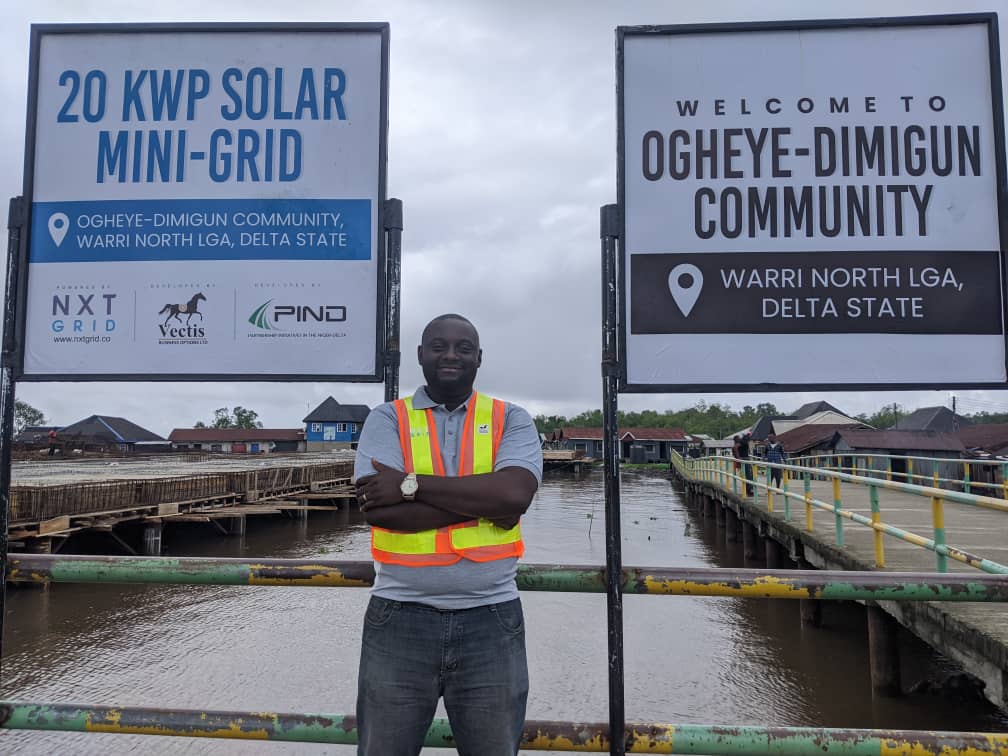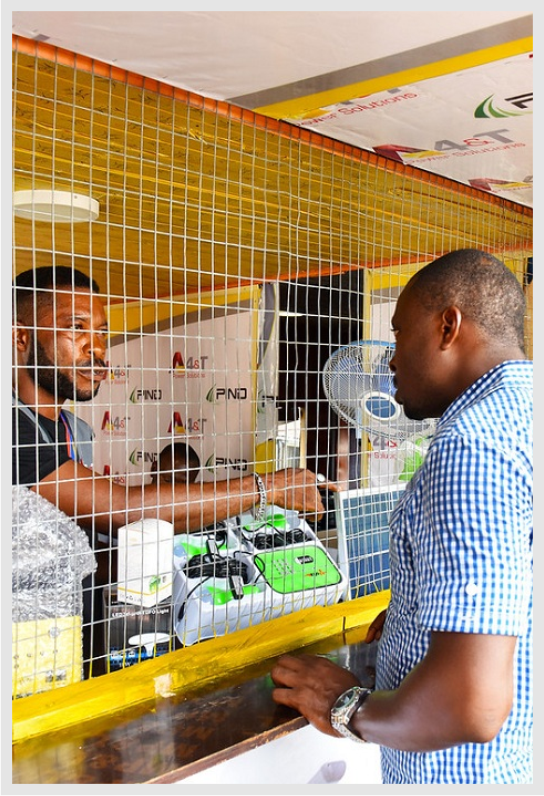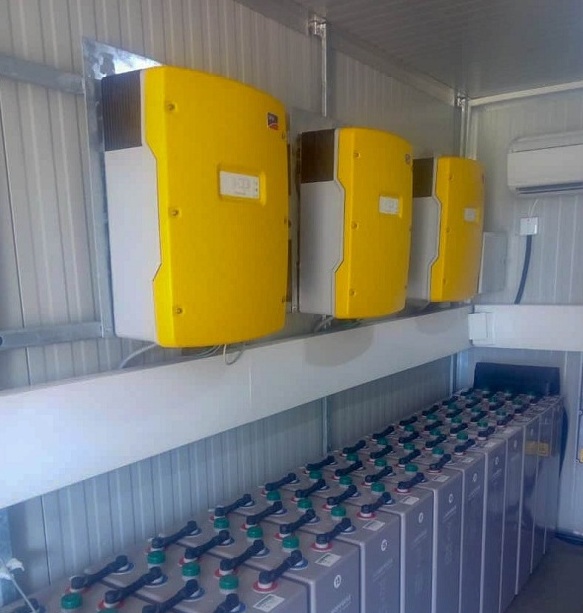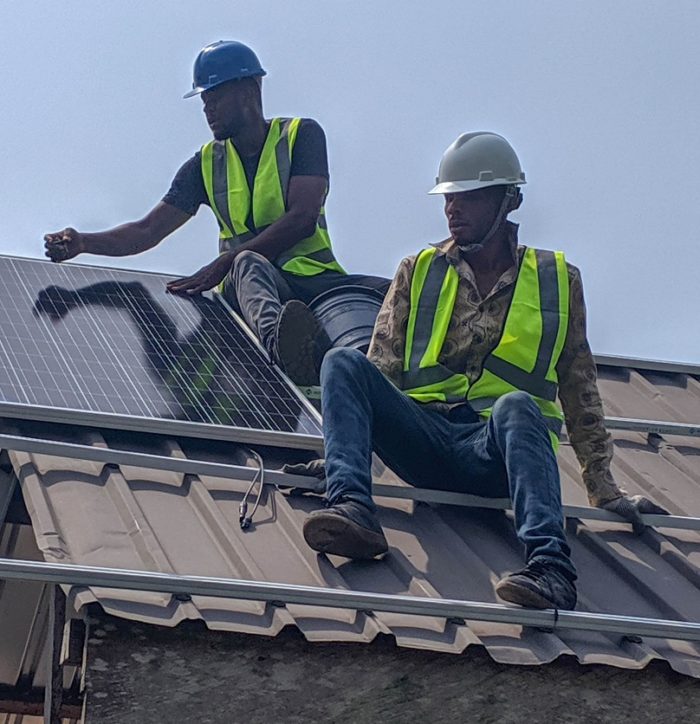

ENERGY ACCESS FOR UNDERSERVED & COASTAL COMMUNITIES
The access-to-energy project works to develop access to affordable renewable energy for households and businesses to improve productivity, increase income, trigger new jobs, and improve the quality of life for the communities (SDG 7).
Access to Energy
NGN 79 Million Leveraged
NGN 12,378,800 saved
595
3,395
88,800kWh
QUEST TO ADDRESS ENERGY CHALLENGES SOLVED
‘’My name is Kehinde Emmanuel Tayo, CEO of Vectis Business Option, a company built on the promises of renewable energy to bring power to the people of this great country. Our quest to solve energy challenges has brought us into the mini-grid-energy space to provide power for the people in the underserved and unserved communities of rural communities in Nigeria. Our partnership with PIND has brought about this relationship where we are able to reach out to more communities in the coastal region to provide them energy access to power. We are very grateful to PIND for what they have done, making our lives easy, making things easy in terms of access to communities, and then, supporting in reaching out to these communities in the Niger Delta.’’
Coastal communities are considered difficult terrains and are mostly unconnected to the electricity grid, prompting over-reliance on petrol generators with their ever-rising costs and health hazards. This situation kindles continued poverty and inequity. In every problem lies an untapped opportunity. PIND saw the opportunity to facilitate off-grid, low-carbon, low-cost solar solutions to meet local needs and launched an access-to-energy intervention that promotes economic activity in the coastal communities.
In the previous 2015 to 2019 strategic phase, PIND assessed energy requirements and possible solutions for underserved coastal communities, incentivized private renewable energy providers to develop business models specific to the last-mile customers, and fostered engagements between them and community stakeholders. This was done to secure buy-in for a demand-and-supply meet that assures long-term viability for the investors and boosts demand for renewable energy services. The engagements facilitated power purchase exclusivity agreement between eight (8) coastal communities in Bayelsa State and Delta State and two (2) different energy service providers to scale up the model—ensuring continuous access to affordable, reliable, sustainable, and modern energy as desired by SDG 7.
The advent of the pandemic and COVID-19 follow-on restrictions hindered community engagements and disrupted partner engagements. PIND utilized virtual meeting platforms and telephone calls to monitor project activities and connect the stakeholders—focusing on using community leaders to market the energy models to other community members for buy-in.
Working virtually with private clean energy providers and community associations, PIND facilitated the setup of six (6) energy cabins in six (6) coastal communities. They provided reliable electricity to a group of businesses and households in the communities. The energy cabins helped them reduce business costs, extend their business hours, and power large-load appliances. The installations include:
the installations include:
Connection to the energy cabin increased the productivity of the businesses in Ogheye Community of Delta State by 65.6 percent. It translated to a cumulative monthly savings of NGN 270,000 for households, from reduced dependence on petrol for power generation and reduced business operating costs.
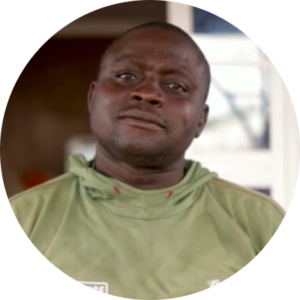
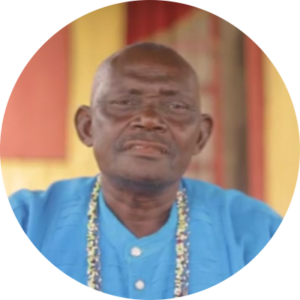
Life is Sunnier with Solar Solutions!
‘’My name is Steven Idikunle. I am the owner of Philipcom Hotel. About a few months ago, we acquired solar electricity that we are using. And the solar light is helping a lot. Before now, we were using a generator, and we burnt a lot of fuel as a result of that. Normally, we did repair the generator, but for some time now, that has gone away. I used to use about two (2) refrigerators before, but now, I use about three (3) now. And all my systems are working very fine now.”
‘’My name is Pa Malo Felix, the Olaja of Ogheye community. This solar that came to this Ogheye community, we love it, and we are enjoying it. Before the solar came, we had generators in this community, but due to the condition of fuel, we haven’t been able to power the generator. In that case, as the solar came, we had to accept the solar, and it is okay with us. We used to have problems of diesel, but with the solar, we don’t need the diesel anymore. Solar is with us and what we do is to recharge the solar. And after you have recharged your solar, everything will be okay with you. We love the solar here a lot, and we would want the solar to stay. So, I thank the people that have brought this solar to the community.”
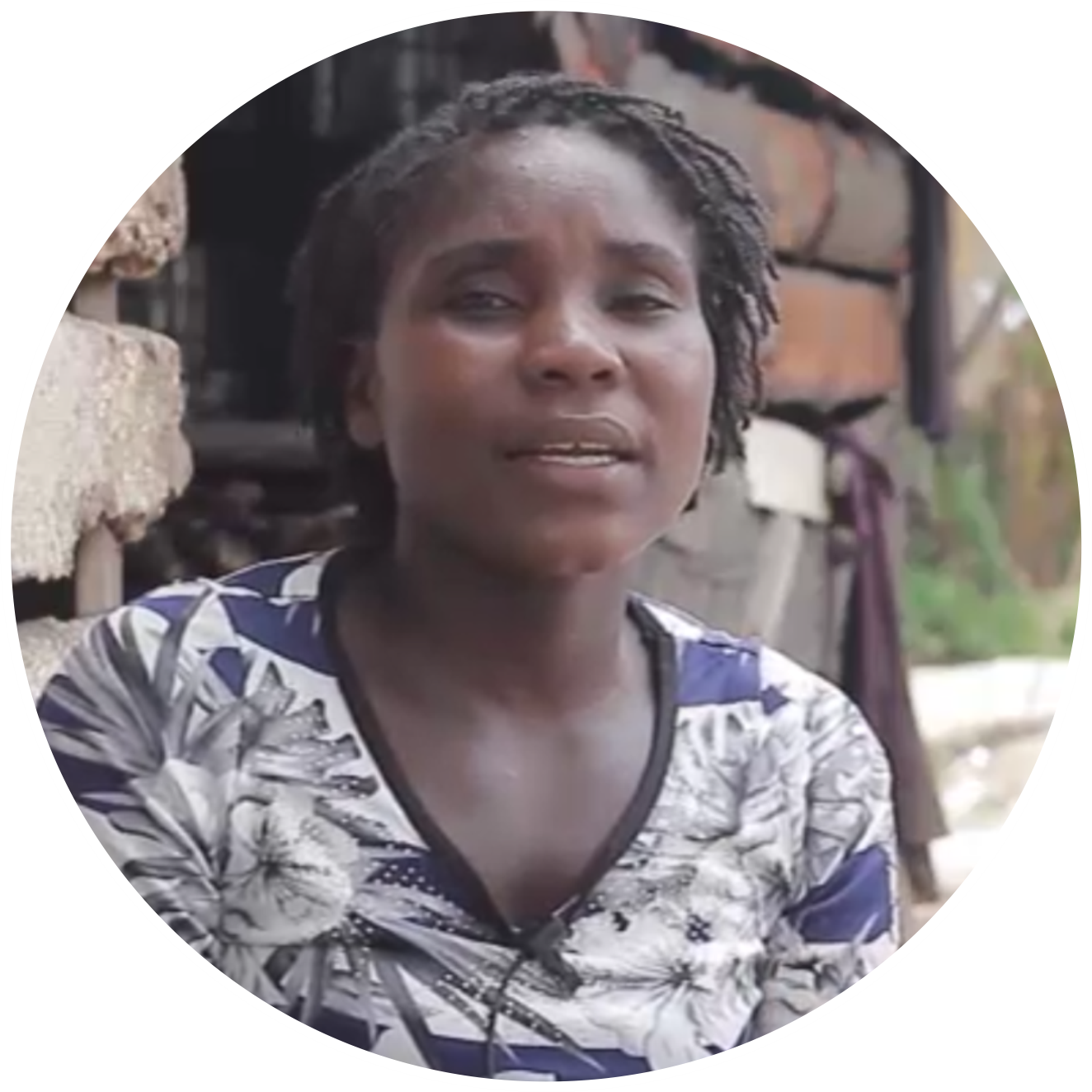
No More Buying of Firewood!
My Name is Tari Jackson. I have been living in Fish Town since 2002. And, in 2003, I started the fish drying business, which we send to Yenagoa. We are always drying fish every day. So, when we heard that there is a cold room here in Fish Town and this is really going to help us a lot because sometimes our fishes get spoiled because there is no firewood to keep it from getting spoiled and as a result of that, we lose a lot of money. So, with the availability of the cold room, we can easily rush to the cold room to preserve the fishes and bring them out the following morning to dry them, or we can just send them to Yenagoa. As for me, I like this cold room more than the fish I am drying locally. Because if I put them in the cold room, I won’t have to buy firewood anymore. This firewood I buy with money, I wouldn’t have to buy anymore.
Sustaining the energy access business model requires the availability of continuous promotion, maintenance, and expansion skills. PIND’s solar power providers trained over 50 people as village-level technicians and service agents to ensure this. They were trained to provide business support services, such as installations, and build their entrepreneurship capacity around making a business of opportunities in small-scale solar PV business solutions.
Handy Energy Cabin Customer Service!
“Our agents are always based in the station here to make sure that they provide these services to customers by recharging their meters, so they pay us. It’s a prepaid solution. So, they bring some money, whatever amount you want to buy. To buy like for your house, you come to the cabin; our staff are here. Customers can, actually, recharge their meters by themselves if they choose to, if they have bank accounts. And if they do not have bank accounts to recharge their meters themselves, they come to the cabin where we provide this service.” – Kehinde Emmanuel Tayo, CEO of Vectis Business Option
To expand access to energy to more communities, PIND collaborated with Infraenergy LLC (a private sector power developer and potential investor) to assess potential sites and business models for off-grid solar in Opia, Dagbolo, and Azama communities in Delta State. We also facilitated engagements between the developer and the community leaders to establish plans for deploying commercial mini-grids and solar cold rooms within their communities.



